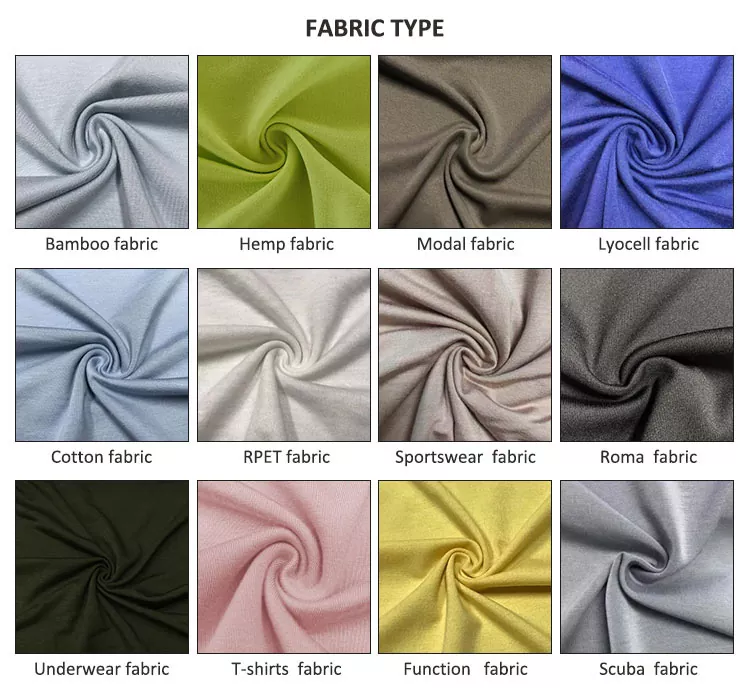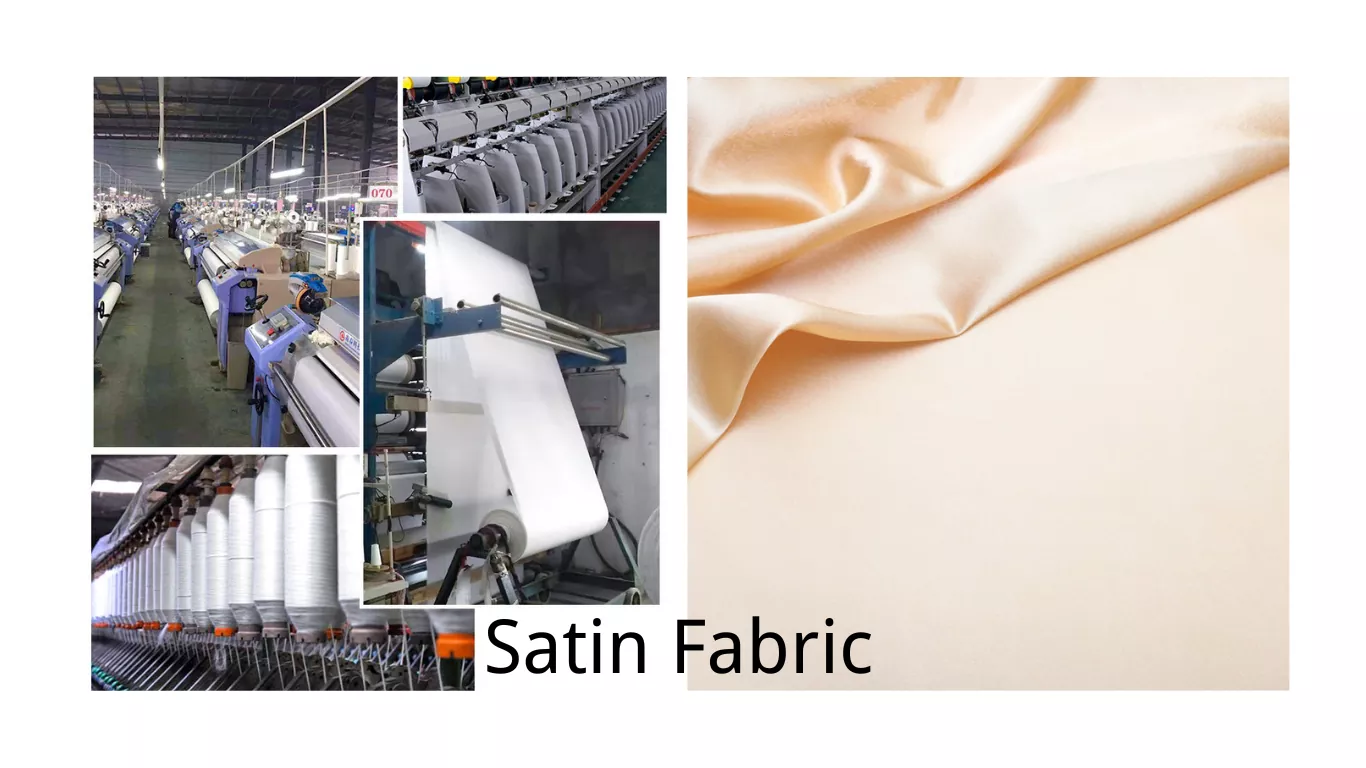Producător de îmbrăcăminte națională: Sprijinirea modei locale și a comunităților durabile
In the global fashion industry, the role of a domestic clothing manufacturer cannot be understated. This pivotal component operates as a foundation to a successful and thriving local fashion economy, serving as a linchpin for a myriad of interconnected industries such as textiles, retail, and design. Their intrinsic value lies not only in their essential contribution to producing clothing but also in their capacity to provide stable jobs, support local talent, and ensure controlled and ethical manufacturing practices.
A domestic clothing manufacturer’s importance goes beyond economic benefits. They can be an essential driver for sustainable practices, ensuring that the clothing produced falls under stringent environmental regulations. By cultivating a sense of responsibility around procese de producție, they can influence the reduction of carbon footprints, waste management, and sustainable material selections. Consequently, the significance of local apparel production is multi-faceted, merging economic, social, and environmental dimensions to create a well-rounded contribution to the fashion industry and broader community.
Exploring the Role of Clothing Manufacturers in Local Fashion Industry
In the local fashion industry, domestic clothing manufacturers play a pivotal role in shaping trends and promoting sustainable practices. These entities form the backbone of the lanțul de aprovizionare cu îmbrăcăminte, offering a variety of services, from design conception to garment production. Their understanding of local tastes and demands makes them the crucial link between designers and consumers, thereby influencing the styles that make it to the retail space.
Furthermore, with their proximity to the market, domestic clothing manufacturers have the unique advantage of being able to respond quickly to fluctuations in demand, thereby reducing waste. They also form the foundation of the local economy, providing countless jobs and contributing to regional development. Overall, the role of these manufacturers extends beyond mere clothes production; they act as the gatekeepers of fashion, sustainability, and economic growth at the local level.
The Positive Impact of Supporting Local Clothing Production

In recent times, there has been a notably increasing demand for products from Australian domestic clothing manufacturers. This keen interest in local production originates from an awareness about the numerous positive impacts embedded in supporting this sector of the fashion industry. It proffers a significant shift from the age-long propensity towards mass-produced, often low-quality attire, typically imported from countries with cheap labour costs.
The economic ripple effect is perhaps the most profound aspect of the benefits of patronizing Australian domestic clothing manufacturers. This singular act, when sustained, guarantees continuous job creation, leading to improved living conditions and reduced unemployment ratios. Furthermore, it paves the way for socioeconomic growth achieved by recirculating wealth within the local context. Therefore, supporting local clothing production transcends merely owning a custom, quality garment piece; it engenders a chain reaction of benefits that consolidate a robust, sustainable future for the local economy.
Sustainable Practices in Local Clothing Manufacturing
Over the recent years, there has been a significant shift towards more sustainable procedures by domestic U.S companii producătoare de îmbrăcăminte. This trend stems from an increasing consumer consciousness for eco-friendly and ethically produced products, amidst the growing concerns over alarming global environmental issues. Consequently, these companies have been employing innovative production techniques that minimize waste and reduce their overall environmental footprint. Notably, integrating recycled materials, utilization of organic fibers, and water-efficient dyeing processes are just a few of the strategies being harnessed in that endeavor.
Importantly, the move towards sustainable practices isn’t merely restricted to the production stages. Domestic U.S. clothing manufacturing companies are also taking greater responsibility for the lifecycle of their products, including areas like packaging and transportation. Companies are now opting for biodegradable packaging materials, encouraging the re-use of their products, and even committing to carbon neutral shipping. Clearly, these forward-thinking approaches underscore a holistic commitment to sustainability, brilliantly bridging the gap between fashion and environmental preservation.
The Economic Benefits of Patronizing Local Fashion
Patronizing local fashion further bolsters the development of domestic USA companii producătoare de îmbrăcăminte. These local entities, with their small to medium-scale operations, significantly contribute to the economic landscape of the region. By sourcing materials locally, they channel revenue back into the community, creating a flurry of economic activity that extends beyond the industria modei. This dynamic interaction elevates living standards, promotes growth, and solidifies the local economy, in effect helping fashion-forward citizens to also play a role in uplifting their surroundings.
Moreover, local fashion enterprises spin the wheel of employment opportunities. Domestic USA clothing manufacturing companies earmark a plethora of jobs, providing an avenue for skilled workers in textile, design, and fashion to contribute to their community. As a result, the local workforce is empowered, and an enticing potential of consistent economic activity is instilled. The fact that each purchase of locally manufactured apparel is a direct investment into the community, is a compelling testament to its unmatched power and potential to steer the economy in the right direction.
Creating Sustainable Communities through Local Fashion

The local fashion industry plays an integral role in contributing to the creation of sustainable communities. This is observed not only through the promotion of local employment and the bolstering of the local economy but also through the reduction of environmental footprint. As manufacturing stays domestic or even regional, the need for long-haul transportation decreases significantly thereby reducing carbon emissions. Further, locally sourced materials are often employed which propagate sustainability within the supply chain.
One of the most significant aspects of local fashion is its capacity to encourage consumers to make thoughtful and intentional purchases. The transparency offered by local businesses about their production processes, labor ethics, and material sourcing can contribute to shaping conscious consumers. Over time, these localized, ethical, and sustainable practices cultivate a supportive community with shared values around conservation and sustainability, directly influencing other industries in the community to adopt similar practices. The journey to creating sustainable communities is a holistic process, and the local fashion is assuredly a part of that journey.
Eco-Friendly Practices in Local Clothing Manufacturing
In today’s world, where the fight against climate change has become a global mission, local clothing manufacturers are contributing by incorporating eco-friendly practices in their production processes. They achieve this by utilizing organic materials, adopting waste reduction techniques, and leveraging energy-efficient equipment. This approach drastically reduces the carbon footprint of the product, making it a more sustainable choice for consumers. Local clothing manufacturers are thus portraying themselves as stewards of the environment, responsibly producing fashion with the earth’s well-being in mind.
Additionally, local clothing manufacturers are employing a more ethical and sustainable supply chain. They manage this by sourcing raw materials locally, thus reducing transportation emissions and supporting local businesses simultaneously. By incorporating recycle programs and partnering with environmentally conscious suppliers, these manufacturers further enhance the sustainability of their operations. Through such eco-friendly practices, local clothing manufacturers not only contribute to the fashion industry but also serve as a catalyst for environmental conservation and sustainability.
The Role of Local Fashion in Community Development
Community development represents a crucial aspect of societal growth, and local fashion plays an integral role in it. An effective strategy to bolster the identity and economy of a region, local fashion showcases the unique craftsmanship, culture, and heritage of a community. The creative expressions manifested in design vestimentar and production not only foster a sense of pride but also stimulate economic development by generating employment opportunities and contributing to local revenues.
As an economic driver, the local fashion industry influences community development in a myriad of ways. Through partnerships with local businesses, it encourages a mutualistic growth environment that helps diversify the economic base. Moreover, local fashion provides a direct avenue for artisans to market their work. This results in a stronger local economy, ultimately aiding community development and fostering a sustainable ecosystem.
Building a Sustainable Future through Local Clothing Production

In the realm of fashion, local clothing production plays a pivotal role in shaping a sustainable future. This is largely due to the unique contribution and potential of the local apparel industry in reducing environmental harm and driving social equity. Many local clothing manufacturers, in a bid to secure the future, are integrating sustainable practices into their operations. These methodologies range from utilizing eco-friendly materials and decreasing greenhouse emissions, to improving labor conditions and promoting fair trade principles.
When consumers opt for locally-produced clothing, they not only support these commendable initiatives but directly contribute to building a more sustainable world. Paramount to this is the creation of short supply chains that significantly diminish the overall carbon footprint. Moreover, locally-made apparel encourages a circular economy, with more scope for recycling and reusing materials, thereby reducing the volume of fashion waste. In essence, local producția de îmbrăcăminte stands as a robust pillar for many communities in their quest for a healthier, equitable, and eco-conscious future.
To further elaborate on the benefits of local clothing production for a sustainable future, we can highlight the following points:
• Local clothing production promotes the use of eco-friendly materials. Many local manufacturers are increasingly opting for organic fibers and dyes that have minimal impact on the environment. This reduces pollution levels and conserves natural resources.
• It helps in decreasing greenhouse emissions. By producing clothes locally, transportation costs and associated carbon emissions are significantly reduced. This is crucial in mitigating climate change.
• Improving labor conditions is another advantage of local clothing production. Workers tend to receive fair wages, safe working environments, and respect for their rights when manufacturing occurs locally rather than overseas where regulations may be lax or non-existent.
• The promotion of fair trade principles is also an integral part of local producția de îmbrăcăminte. Fair trade ensures that producers in developing countries get a just price for their products which aids social development while protecting the environment.
• Short supply chains resulting from local production lead to lower carbon footprints since goods do not need to travel long distances before reaching consumers.
• Local producția de îmbrăcăminte encourages a circular economy by providing more opportunities for recycling and reusing materials. This ultimately leads to less fashion waste being dumped into landfills each year.
In conclusion, it’s clear that supporting our local apparel industry has far-reaching implications beyond simply boosting economic growth at home; it actively contributes towards building a greener planet with healthier communities around us.
Challenges and Solutions in Local Apparel Manufacturing
Local apparel manufacturing faces many challenges on the global scale; not least, the heavy competition from fast-fashion giants that have dominated the market with their mass-produced and cheaply priced products. This has particularly put a strain on small-scale manufacturers to match the pace and cost-effectiveness of these international brands. Additionally, constraints in production capacities, limited access to advanced technology, and lack of skilled labor are concerns that continue to overshadow the brighter prospects of local production.
However, viable solutions are emergent, promising to counter these challenges head-on. The incorporation of smart technology and automation in production processes can bolster efficiency, thereby aiding to offset the literal cost of locally-made garments. Furthermore, by leveraging the unique selling proposition of ‘locally-made’, manufacturers can tap into the niche market of mindful consumers, valuing origin and quality of products above price. Workforce development programs can also provide the much-needed impetus to upskill local craftsmen, fortifying human capital in the sector.
Întrebări frecvente
What is the significance of local apparel production?
Local apparel production plays a crucial role in strengthening the local economy, promoting sustainability, and supporting community development. It reduces the carbon footprint associated with international shipping, provides employment opportunities, and supports local craftsmanship and innovation.
How do clothing manufacturers contribute to the local fashion industry?
Clothing manufacturers are the backbone of the local fashion industry. They produce the garments and accessories that local designers create. Their production and distribution methods can directly influence the sustainability and economic impact of the fashion industry.
What are the benefits of supporting local clothing production?
Supporting local clothing production can stimulate the local economy, reduce environmental impact, and promote fair working conditions. It also encourages the preservation of traditional crafting techniques and promotes the uniqueness of local designs.
How can sustainable practices be implemented in local clothing manufacturing?
Sustainable practices can include using eco-friendly materials, minimizing waste through efficient production processes, implementing fair labor practices, and reducing energy consumption. These practices are not only beneficial for the environment but also contribute to the overall sustainability of the fashion industry.
What are the economic benefits of patronizing local fashion?
Patronizing local fashion boosts the local economy by supporting local jobs and businesses. It also encourages innovation and competition within the local fashion industry, leading to greater product diversity and quality.
How can local fashion contribute to creating sustainable communities?
Local fashion can help create sustainable communities by promoting local employment, reducing the carbon footprint associated with shipping, and encouraging environmentally conscious consumption patterns. It also helps in preserving local culture and traditions.
Can you explain the eco-friendly practices in local clothing manufacturing?
Eco-friendly practices in local producția de îmbrăcăminte include using sustainable or recycled materials, reducing energy consumption, minimizing waste, and promoting fair labor practices. These practices help reduce the environmental impact of clothing production and contribute to a more sustainable fashion industry.
How does local fashion contribute to community development?
Local fashion contributes to community development by providing employment opportunities, supporting local businesses, and promoting cultural identity. It also encourages sustainable consumption and production patterns, contributing to the overall wellbeing of the community.
What are some of the challenges faced by local apparel manufacturing?
Challenges faced by local apparel manufacturing include competition with international brands, high production costs, lack of skilled labor, and difficulty in sourcing sustainable materials. However, these challenges can be addressed through strategies like government support, skill development programs, and partnerships with sustainable suppliers.
How can we build a sustainable future through local clothing production?
A sustainable future through local clothing production can be built by adopting eco-friendly manufacturing practices, promoting fair labor conditions, supporting local employment, reducing carbon emissions, and fostering innovation in design and materials. This not only contributes to the sustainability of the fashion industry but also promotes the economic and social wellbeing of communities.




